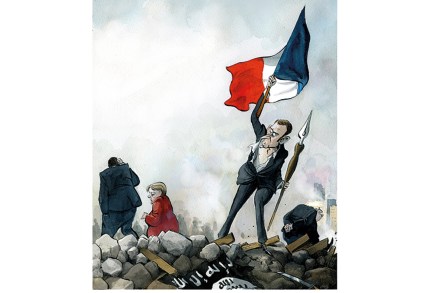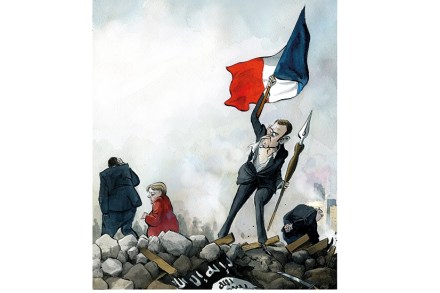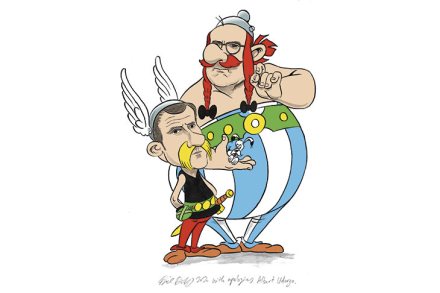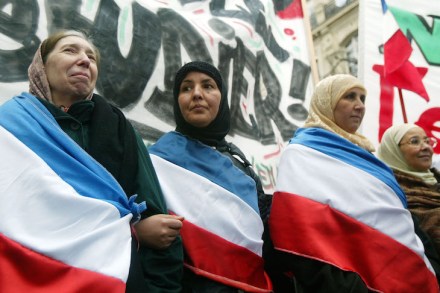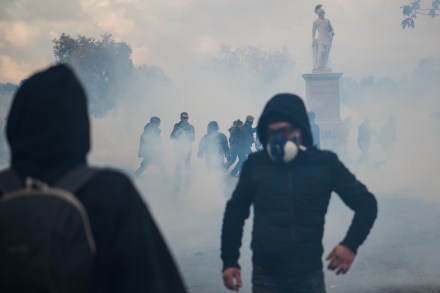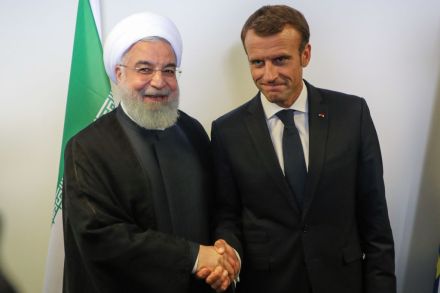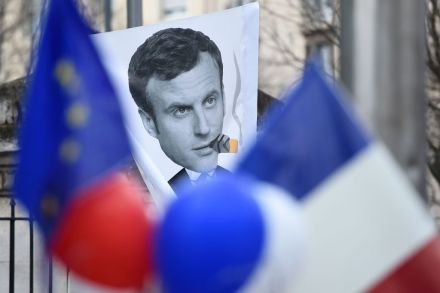French republicanism confounds American progressives
Can an entire country sue for libel? If so, France would have a strong suit against swathes of the American left. The US progressive movement, including the New York Times and Washington Post, has turned on la Republique over its citizens’ habit of getting themselves murdered by Islamists. Most recently, this has included Samuel Paty, a teacher beheaded in the street for showing his students cartoons of the Prophet Mohammed, and three people murdered in a church in Nice. In response, French President Emmanuel Macron has proposed stricter regulations for mosque-financing and an end to home-schooling. And in response to this, much of the American left has lost its mind.
